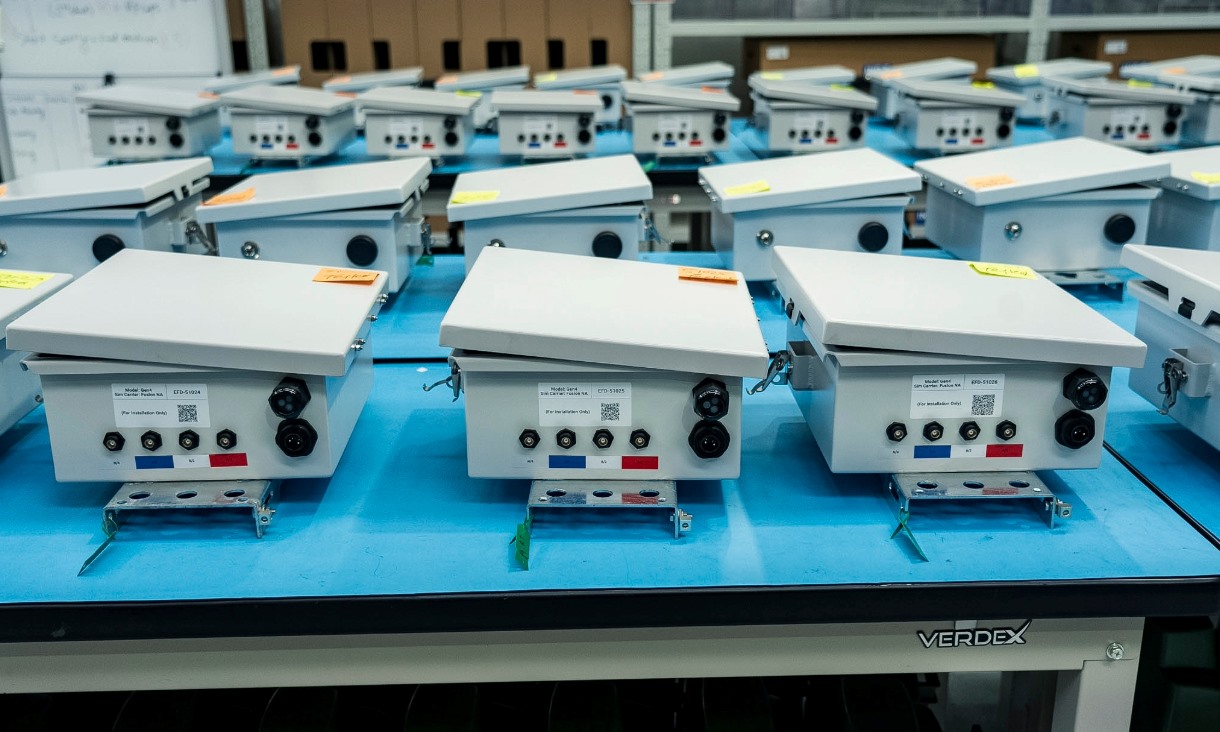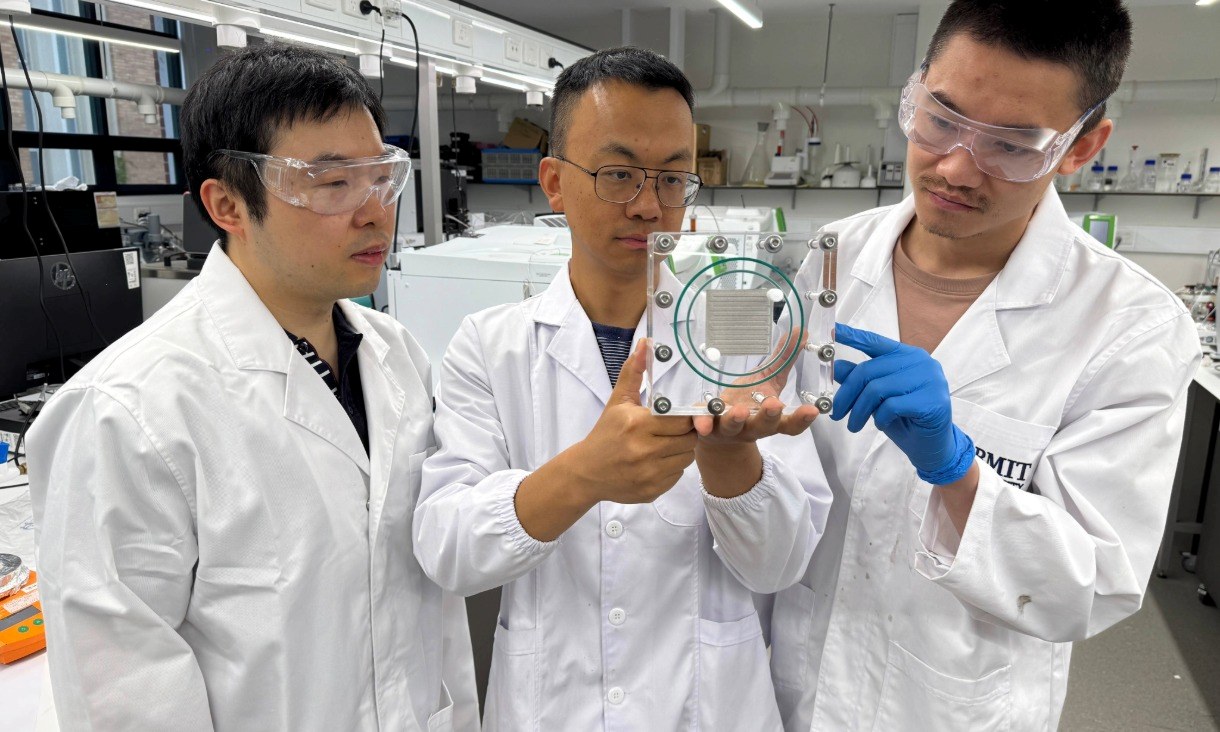Topics: Robodebt Royal Commission, artificial intelligence, AI decision-making, injustice, bias, algorithms
Dr Nataliya Ilyushina, Research Fellow in the College of Business and Law
“The case of Robodebt involved entrusting machines with decisions that exceeded their algorithmic abilities, akin to assigning a task to an underqualified employee. Robodebt serves as a high-profile case study of the government's failed application of automated decision-making systems. But it is not the machine that failed – it is the human lack of judgement about the limitations of machine capacity in this context.
“While the development of fairness, transparency, and explainability in Automated Decision-Making (ADM) systems is ongoing, understanding these limitations is crucial.
“There is a significant degree of separation between human and automated decision-making. That raises the important question as to who is responsible for the decisions made and the failures of systems such as Robodebt.
“As we move forward, the lessons from Robodebt should be viewed not as a cause for fear, but as a valuable learning resource to understand the boundaries of machine capability in replacing human decision-making. In essence, not all jobs can be done by the machines. It's essential to consider this in the development of future regulatory frameworks, such as the upcoming AI regulations.”
Dr Nataliya Ilyushina is a Research Fellow at the Blockchain Innovation Hub and ARC Centre of Excellence for Automated Decision-Making and Society (ADM+S) at RMIT University. Her work investigates decentralised autonomous organisations and automated decision making, and the impact they have on labour markets, skills and long-term staff wellbeing.
Dr Dana Mckay, Senior Lecturer in Innovative Interactive Technologies, School of Computing Technologies
“Technology is supposed to make our lives better, but AI decision-making is often backed by biased data.
“Underprivileged groups are more at risk of disparity and discrimination in data and automated decision-making. We’ve seen that in the case of Robodebt; low-income people have less chance of fighting back against the AI systems working against them.
“We need regulation to tackle a rapidly developing technology that, as we’ve seen, can lead to many foreseen and unforeseen harms.
“It is a relief that, in this case, a royal commission has been used to try to right the wrongs and undo some of the harms in this case – although it will not be able to undo the years of gross injustice involving the misuse of AI decision-making.”
Dr Dana McKay is a senior lecturer in innovative interactive technologies at RMIT University. She studies the intersection of people, technology and information, and her focus is on ensuring advances in information technology benefit society as a whole.
***
General media enquiries: RMIT Communications, 0439 704 077 or news@rmit.edu.au







